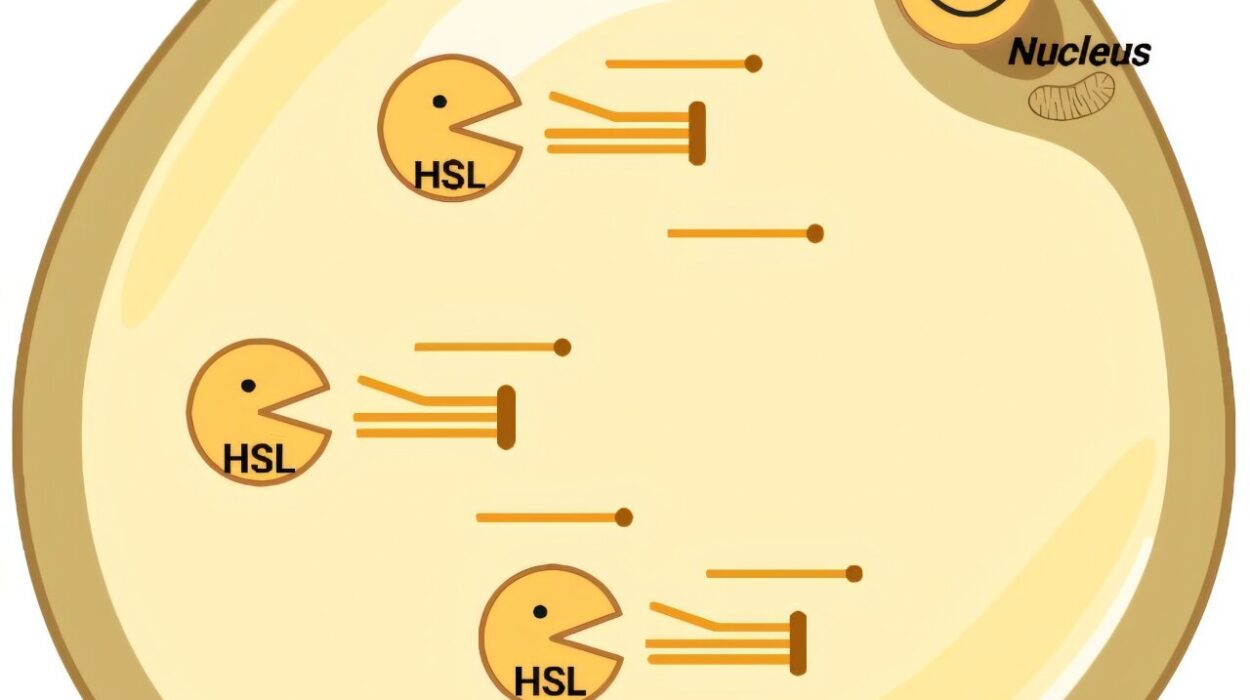In a world where fad diets rise and fall like seasonal trends, the low-carbohydrate diet has remained a steady staple—praised for weight loss, blood sugar control, and heart health. But what if the real story is not just about how many carbs we eat, but what replaces them—and how that might impact the brain?
A groundbreaking new study published in the Journal of Psychiatric Research offers an important twist in the tale of carbs and mental health. In a large U.S. population sample, researchers found that low-carb diets built around plant-based proteins, healthy fats, and minimal refined carbs were linked to significantly lower rates of depression. In contrast, diets that cut carbs but leaned heavily on animal protein and saturated fats showed no such benefits.
It’s a revelation that reframes the low-carb conversation, shifting the spotlight from quantity to quality—and offering a new pathway for those seeking not just a healthier body, but a clearer, calmer mind.
A New Angle on the Low-Carb Debate
Carbohydrates have long held a complicated place in the world of nutrition. As the body’s main source of energy, they are essential—but they are not all created equal. Whole grains, fruits, and legumes nourish the body with fiber, vitamins, and minerals. Refined carbs and added sugars, by contrast, flood the bloodstream and are often tied to metabolic problems and inflammation.
Low-carbohydrate diets typically slash carb intake and compensate with higher consumption of protein and fat. Some praise them for stabilizing blood sugar and aiding weight loss. Others point to mood swings, irritability, and a potential link to depression. So why do the results vary so much?
According to researchers from Southern Medical University in China, previous studies may have missed the forest for the trees—lumping all low-carb eaters into one category, regardless of what they were actually eating. This new study aimed to correct that.
Digging Into the Data: What 28,791 Americans Can Teach Us
To explore this nuance, the researchers turned to the National Health and Nutrition Examination Survey (NHANES)—an ongoing project that collects health, diet, and demographic data from thousands of Americans every year.
Between 2005 and 2018, nearly 29,000 adults aged 20 and older participated in NHANES. After excluding those with incomplete data, the team analyzed dietary habits, physical exams, health questionnaires, and mental health assessments from this large, diverse population.
But instead of looking only at total carb intake, they created three unique diet scores:
- Overall Low-Carbohydrate Diet Score (OLCD): Measured general carb restriction, regardless of food source.
- Healthy Low-Carbohydrate Diet Score (HLCD): Focused on diets high in plant-based proteins, unsaturated fats, and low in refined carbs.
- Unhealthy Low-Carbohydrate Diet Score (ULCD): Focused on diets high in animal protein, saturated fats, and low in beneficial carbs like fruits and legumes.
Each participant’s diet was ranked along these dimensions, based on their food intake from two non-consecutive 24-hour dietary recalls. Depression symptoms were assessed using the PHQ-9—a clinically validated tool used worldwide to detect major depressive symptoms.
A Tale of Two Low-Carb Diets
The results painted a striking picture.
Participants who followed the healthier version of a low-carb diet—the kind packed with plant-based proteins, nuts, seeds, and good fats like olive oil—were about 30% less likely to report symptoms of depression. Even after accounting for other factors such as age, gender, education, weight, chronic illness, and lifestyle habits, the association held strong.
Meanwhile, those scoring high on the unhealthy low-carb diet, dominated by processed meats, red meat, saturated fats, and few fruits or whole grains, saw no mental health advantage at all.
The findings suggest that it’s not simply about avoiding carbs—it’s about what replaces them. Swap out sugar-laden cereals for legumes and avocado toast, and you may be supporting not just your metabolism, but your mind.
Why Plant-Based and Healthy Fats Might Boost Mood
The researchers propose several mechanisms to explain the link.
Healthy low-carb diets often provide ample levels of nutrients known to influence brain chemistry, such as B vitamins, magnesium, omega-3 fatty acids, and tryptophan—the building block of serotonin. Plant-based foods are also rich in antioxidants and anti-inflammatory compounds, which may reduce oxidative stress and chronic inflammation—two biological processes increasingly tied to depression.
In contrast, diets high in saturated fats and low in fiber can promote gut microbiome imbalances, which may, in turn, affect mood and cognition. A growing body of research supports the idea of a gut-brain axis, in which the microbial ecosystem of the digestive tract sends chemical signals that influence emotion, energy, and even sleep.
This could help explain why a meal heavy on vegetables, nuts, and legumes might leave someone feeling light and focused—while a meal of bacon, butter, and steak may not.
Not All Carbs Are Villains
Another key takeaway is that not all carbs should be feared. The study found that removing low-quality carbs like white bread and sugary snacks was beneficial—but excluding healthy carbs like fruits, beans, and whole grains was not.
Indeed, participants who avoided these wholesome sources of carbohydrate in favor of more meat and saturated fat did not see lower depression rates, reinforcing the idea that carbohydrate quality matters as much as quantity.
It’s a call to abandon black-and-white thinking about nutrition and embrace a more nuanced approach: some carbs heal, others harm. And the same goes for fats and proteins.
The Limits of the Evidence—and What Comes Next
Though the findings are compelling, the study’s design has limitations. Because it was cross-sectional, it provides only a snapshot in time. It’s unclear whether healthier low-carb diets prevent depression, or if people with better mental health simply eat better. The reliance on self-reported diet over just two days also introduces potential bias, as eating habits can vary widely.
Still, the sample size, robust statistical adjustments, and focus on dietary patterns—not just single nutrients—make this study an important step forward in understanding the food-mood connection.
Future research could take the form of longitudinal studies that follow people over time, or clinical trials testing how changing specific elements of a low-carb diet affects mood. Scientists might also explore the biochemical changes in the brain and gut that result from these diets.
A New Way to Think About Diet and Mental Health
For millions of people wrestling with depression—a condition that affects nearly 1 in 5 U.S. adults—any new tool for prevention or relief is worth investigating. While food is not a replacement for therapy or medication, it may be a powerful ally. And the story emerging from this research is a hopeful one.
Rather than fear carbs or chase extreme restriction, individuals might find more lasting well-being in diets that nourish both body and brain: rich in color, full of variety, and grounded in whole, unprocessed ingredients.
The takeaway is simple but profound: how you eat may shape how you feel, and not all low-carb paths lead to the same destination.
In the end, it’s not about demonizing carbs or glorifying protein—it’s about recognizing that mental health begins on your plate, and that the road to a brighter mind might just be lined with leafy greens, lentils, and a drizzle of olive oil.






